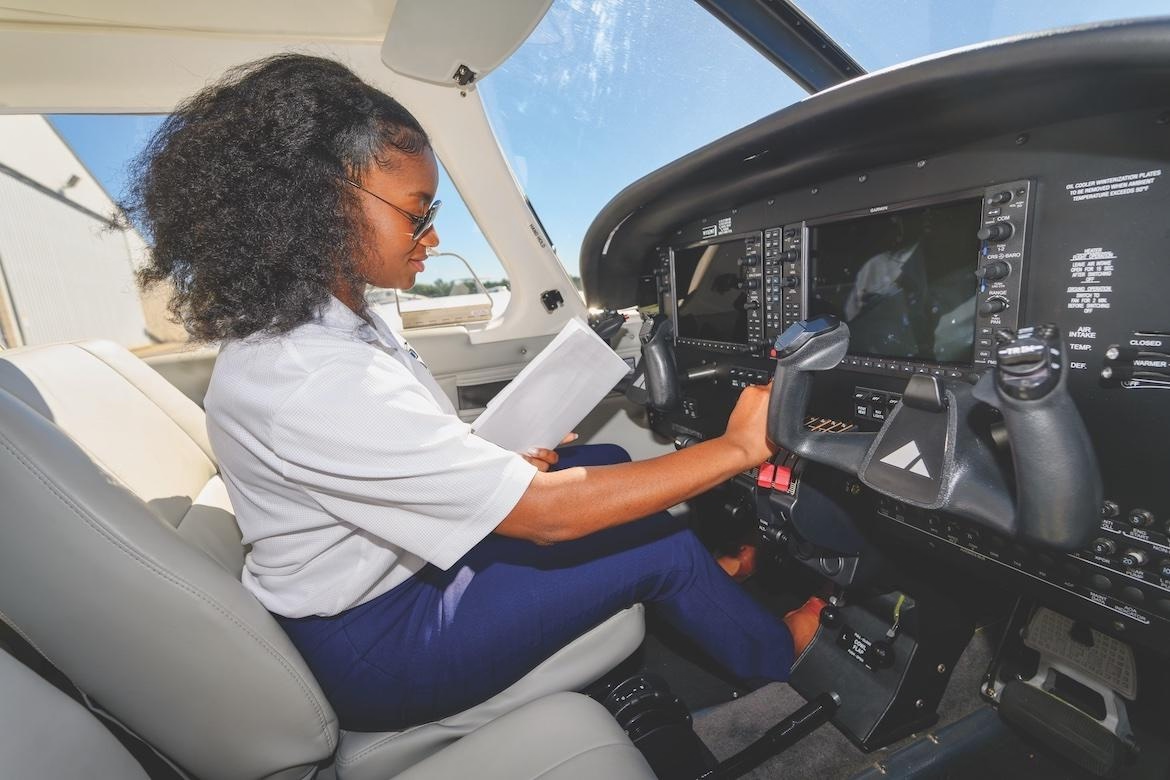AeroGenie — Seu Copiloto Inteligente.
Tendências
Categories
Aviation Partnerships Seek Expanded Scope and Funding

Aviation Partnerships Call for Enhanced EU Support Amid Global Challenges
Urgency for Broader Strategic Focus
Leaders of the European Union’s two principal public-private partnerships dedicated to aviation research and innovation have urged the European Commission to elevate the sector’s priority within its broader competitiveness and sustainability agenda. Axel Krein, executive director of the Clean Aviation Joint Undertaking, expressed concern that the Commission’s current attention is predominantly directed toward industries facing immediate crises, such as steel and automotive, which have recently benefited from targeted action plans.
Despite Europe’s historic leadership in civil aircraft manufacturing and air traffic management technologies, industry experts warn that this position is increasingly precarious. Significant investments by the United States and China pose a growing threat to Europe’s competitive advantage. Without decisive and sustained support, there is a risk that the continent could become reliant on foreign technologies, undermining its technological sovereignty.
Navigating Complex Market and Geopolitical Pressures
The aviation sector is confronting a multifaceted set of challenges. Declining monthly passenger traffic and persistent airline losses in critical markets, including India, have compounded financial pressures. These difficulties are exacerbated by geopolitical tensions, notably the ongoing India-Pakistan conflict and associated airspace restrictions, which have disrupted flight operations and further strained carriers’ profitability.
Market responses to these challenges have been varied. While cautious optimism persists due to steady growth forecasts for both domestic and international travel, the industry remains vigilant. Competitors are adapting rapidly, with U.S. Transportation Secretary Sean Duffy recently emphasizing the necessity of increased investment in the Federal Aviation Administration’s air traffic control infrastructure to maintain competitiveness.
Simultaneously, developments beyond Europe are reshaping the global aviation landscape. The expansion of international services at Denmark’s Aarhus Airport and production adjustments for the United States’ Northrop B-21 bomber illustrate shifting market dynamics and intensifying international competition.
Advocating for Sustained Innovation and Investment
In this context, European aviation leaders stress that ongoing innovation and financial commitment are vital to preserving the region’s leadership position. They caution against sidelining the aviation sector in favor of industries currently experiencing more acute distress, warning that such complacency could jeopardize Europe’s long-term economic resilience and technological independence.
As the European Commission deliberates its forthcoming strategies, advocates within the aviation community call for a balanced approach—one that acknowledges both the sector’s existing strengths and the emerging vulnerabilities that threaten its future competitiveness.

Emirates Unveils Cabin Design for New Boeing 777X

Eighteen Years On, the Airbus A380 Remains Central to a $34 Billion Airline

How a boom in luxury airline seats is slowing down jet deliveries

Navitaire Outage Attributed to Planned Maintenance

DigiYatra Debuts Outside Aviation at India AI Impact Summit

Vietnam Orders Strengthen Boeing’s Commercial Outlook

Airbus Signals Uncertainty Over Future A400M Orders

JobsOhio Awards $2 Million Grant to Hartzell Propeller for Innovation Center

Collins Aerospace Tests Sidekick Autonomy Software on YFQ-42A for U.S. Air Force CCA Program

How the Airbus A350-1000 Compares to the Boeing 777
